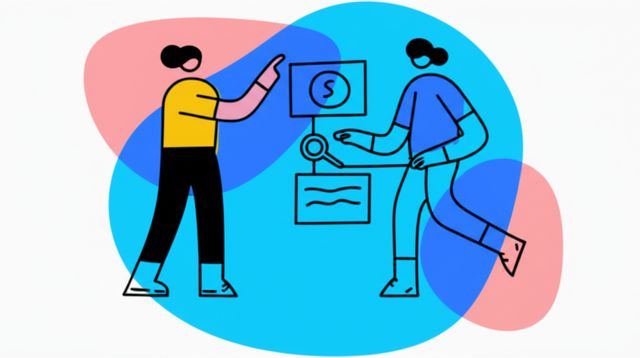Agile Frameworks
Agile frameworks are a set of principles and practices that help teams develop software in a more efficient and effective way. They are based on the idea of iterative development, where teams work in short cycles to build and test small increments of software. This allows them to get feedback from users early on and make changes as needed.
Benefits of Agile Frameworks
There are many benefits to using agile frameworks, including:
- Increased productivity: Agile frameworks help teams to work more efficiently by breaking down large tasks into smaller, more manageable ones. This allows them to focus on one task at a time and get it done quickly.
- Improved quality: Agile frameworks emphasize the importance of testing and feedback throughout the development process. This helps to identify and fix defects early on, resulting in higher quality software.
- Greater flexibility: Agile frameworks are designed to be flexible and adaptable, so teams can respond quickly to changes in requirements or technology.
- Increased customer satisfaction: Agile frameworks help teams to deliver software that meets the needs of users. This leads to increased customer satisfaction and loyalty.
Types of Agile Frameworks
There are many different agile frameworks available, each with its own set of principles and practices. Some of the most popular agile frameworks include:
- Scrum: Scrum is a lightweight and easy-to-use agile framework that is popular for its simplicity and effectiveness. It is based on the idea of sprints, which are short cycles of development and testing.
- Kanban: Kanban is a visual agile framework that helps teams to track their work and identify bottlenecks. It is based on the idea of a kanban board, which is a physical or digital board that shows the status of work in progress.
- Lean: Lean is a set of principles and practices that are designed to improve the efficiency and effectiveness of software development. It is based on the idea of waste reduction and continuous improvement.
- Extreme Programming (XP): XP is an agile framework that emphasizes the importance of testing, feedback, and teamwork. It is based on the idea of pair programming, where two developers work together on the same task.
Choosing the Right Agile Framework
The best agile framework for a particular team will depend on its size, culture, and the nature of the project. It is important to experiment with different frameworks to find the one that works best.
Getting Started with Agile Frameworks
If you are new to agile frameworks, there are many resources available to help you get started. There are books, articles, and online courses that can teach you the basics of agile development. You can also find agile coaches who can help you implement an agile framework in your team.
Personality Traits and Interests
People who are interested in learning about agile frameworks typically have the following personality traits and interests:
- Analytical: Agile frameworks require a deep understanding of the software development process. People who are analytical are good at breaking down complex problems into smaller, more manageable ones.
- Curious: Agile frameworks are constantly evolving. People who are curious are always looking for new ways to improve their work.
- Flexible: Agile frameworks require teams to be flexible and adaptable. People who are flexible are able to adjust to change and work in a variety of situations.
- Collaborative: Agile frameworks emphasize the importance of teamwork. People who are collaborative are able to work well with others and share their ideas.
Careers in Agile
There are many different careers available in the field of agile development. Some of the most popular careers include:
- Agile coach: Agile coaches help teams to implement and use agile frameworks. They provide training, guidance, and support to help teams improve their productivity and quality.
- Scrum master: Scrum masters are responsible for facilitating Scrum ceremonies and ensuring that the team is following the Scrum process. They also help to remove obstacles and keep the team on track.
- Agile project manager: Agile project managers are responsible for planning, executing, and controlling agile projects. They work with the team to define the scope of the project, develop the project plan, and track progress.
- Software developer: Software developers who are familiar with agile frameworks are in high demand. They are able to work in a team environment and produce high-quality software quickly and efficiently.
Online Courses
There are many online courses available that can teach you about agile frameworks. These courses can be a great way to learn the basics of agile development and get started with using agile frameworks in your team.
Online courses can provide you with the following benefits:
- Flexibility: Online courses allow you to learn at your own pace and on your own schedule.
- Affordability: Online courses are often more affordable than traditional college courses.
- Convenience: Online courses can be accessed from anywhere with an internet connection.
When choosing an online course, it is important to consider the following factors:
- Reputation of the provider: Make sure that the course provider is reputable and has a good track record.
- Course content: Make sure that the course covers the topics that you are interested in.
- Instructor experience: Make sure that the course instructor has experience with agile frameworks.
Online courses can be a great way to learn about agile frameworks and get started with using them in your team. However, it is important to note that online courses alone are not enough to fully understand agile development. To truly master agile development, you will need to practice it in a real-world setting.


